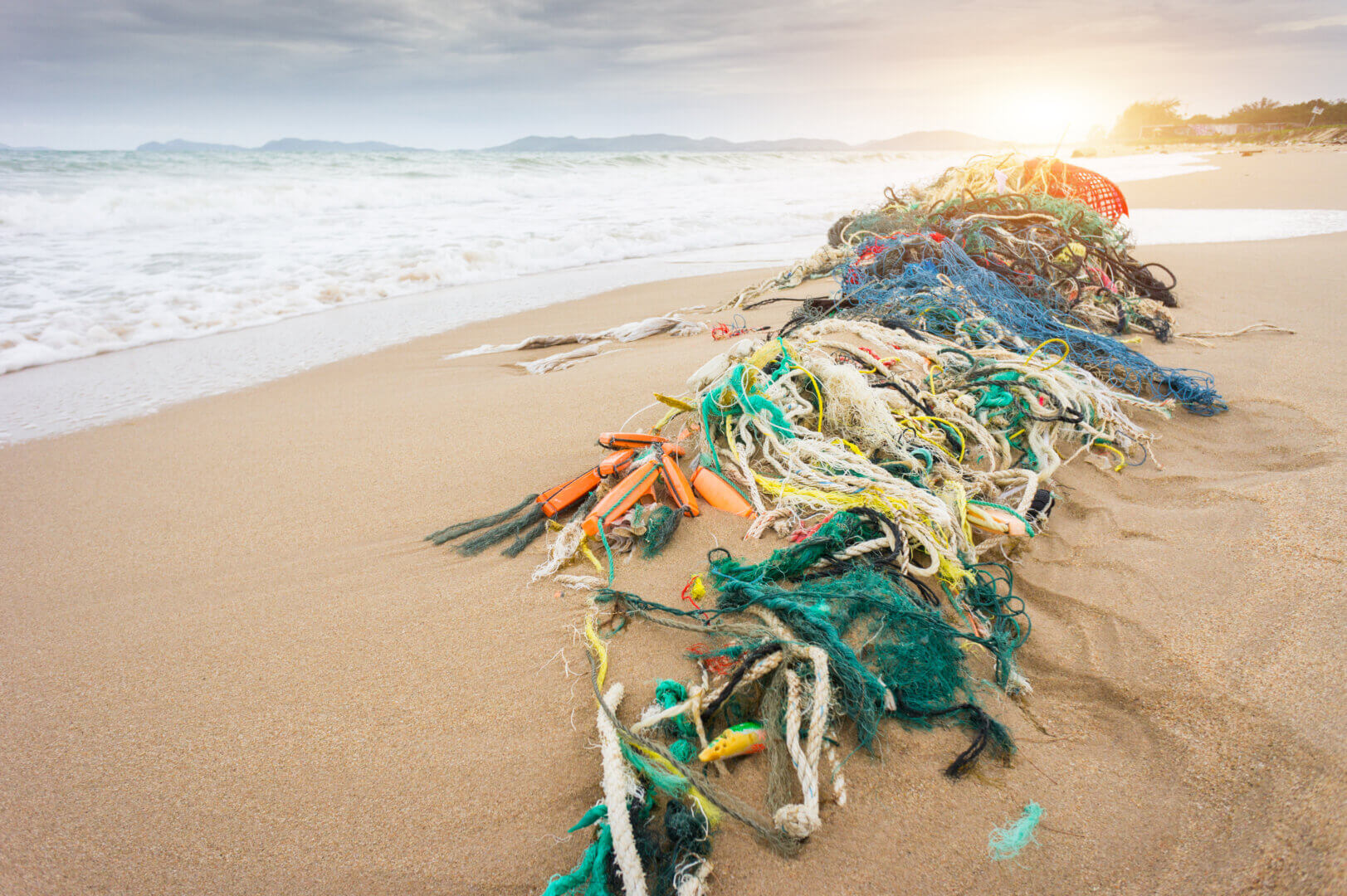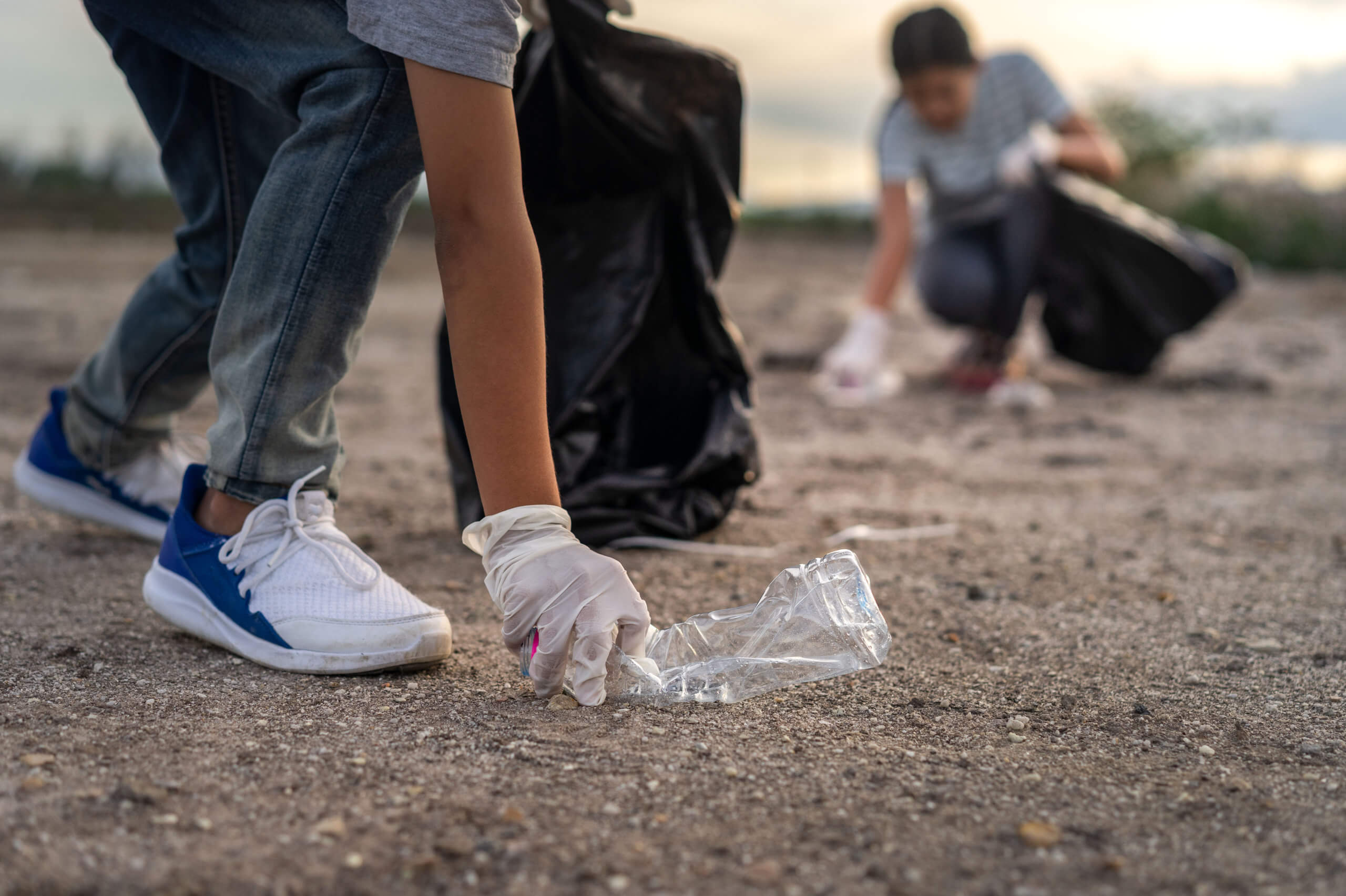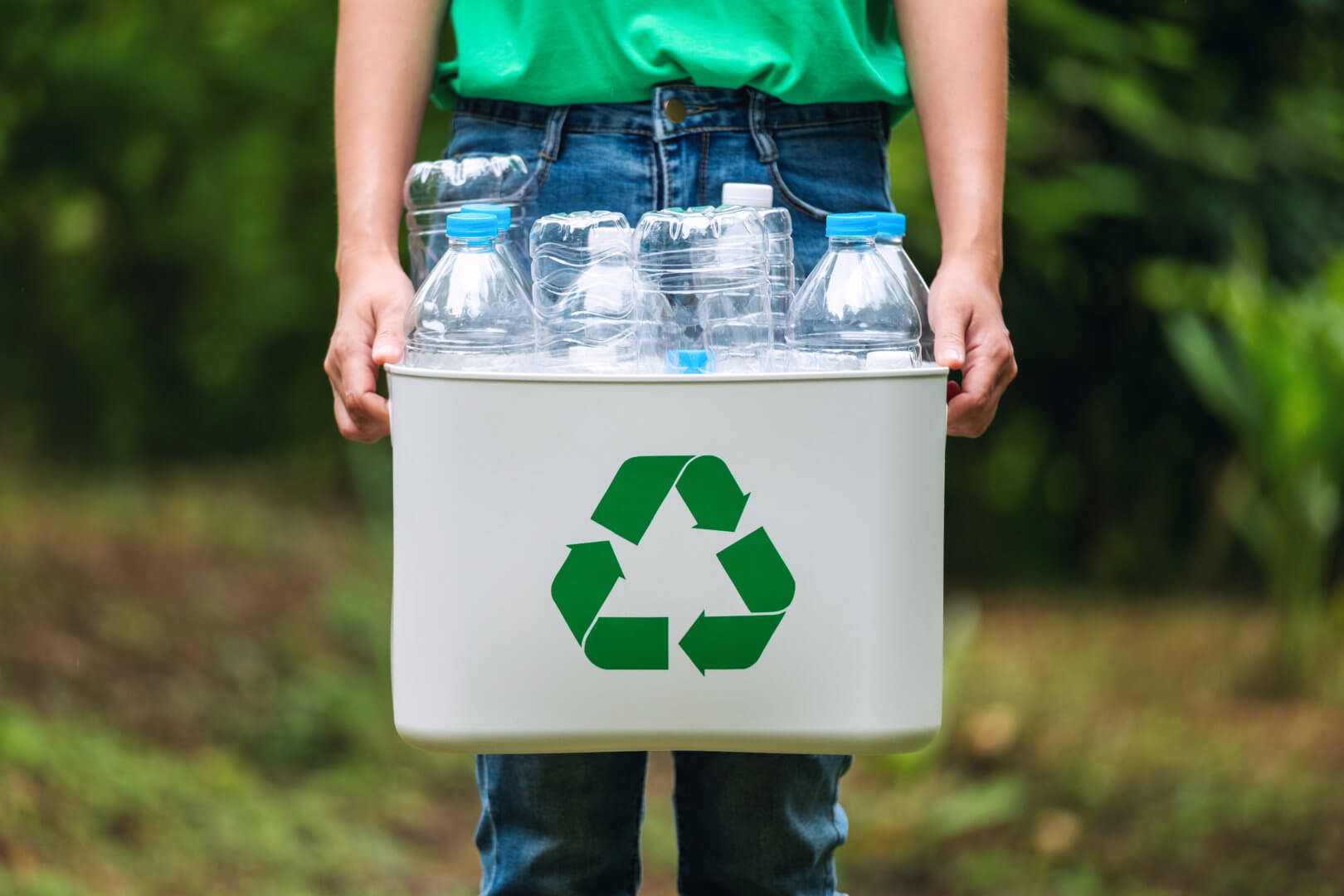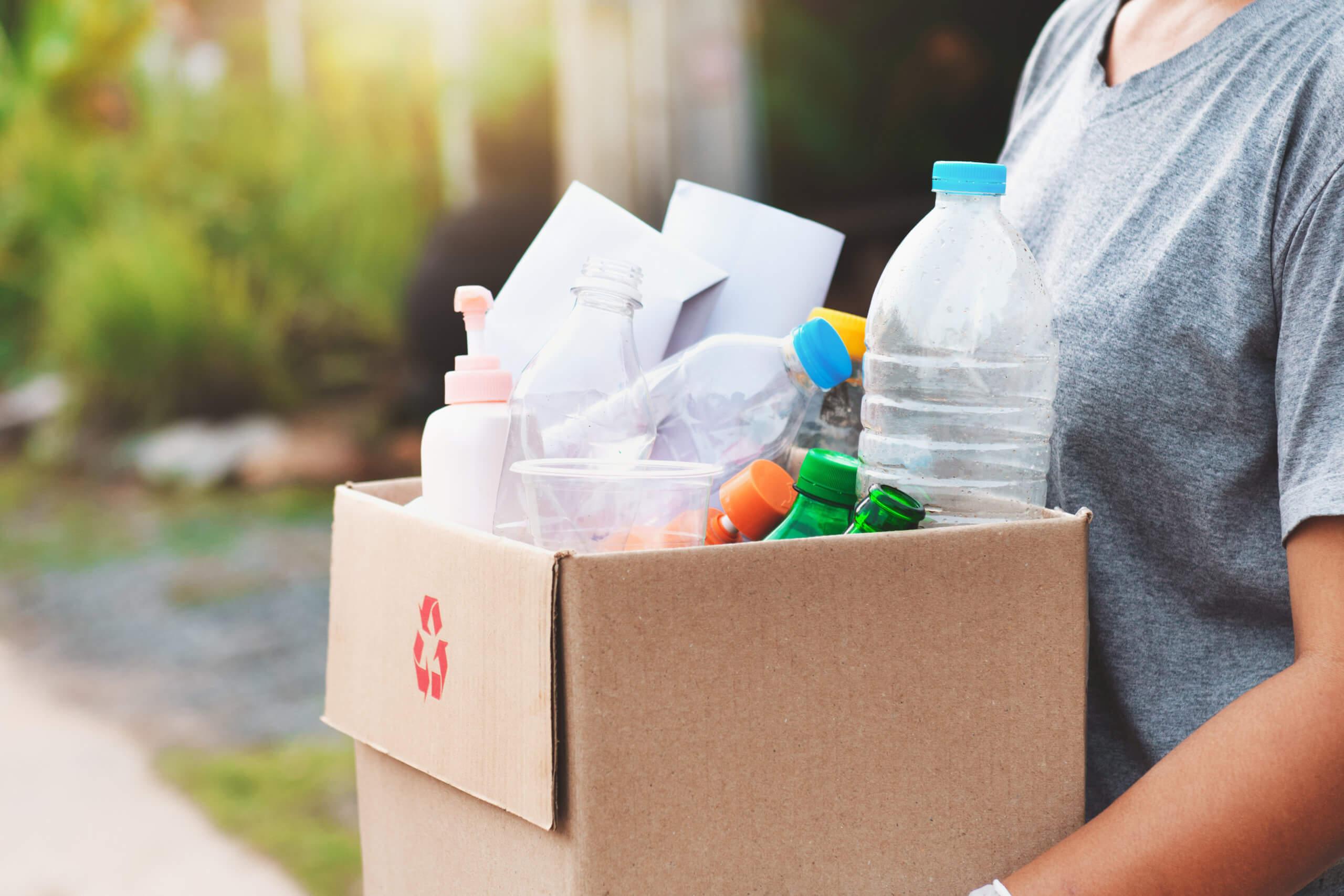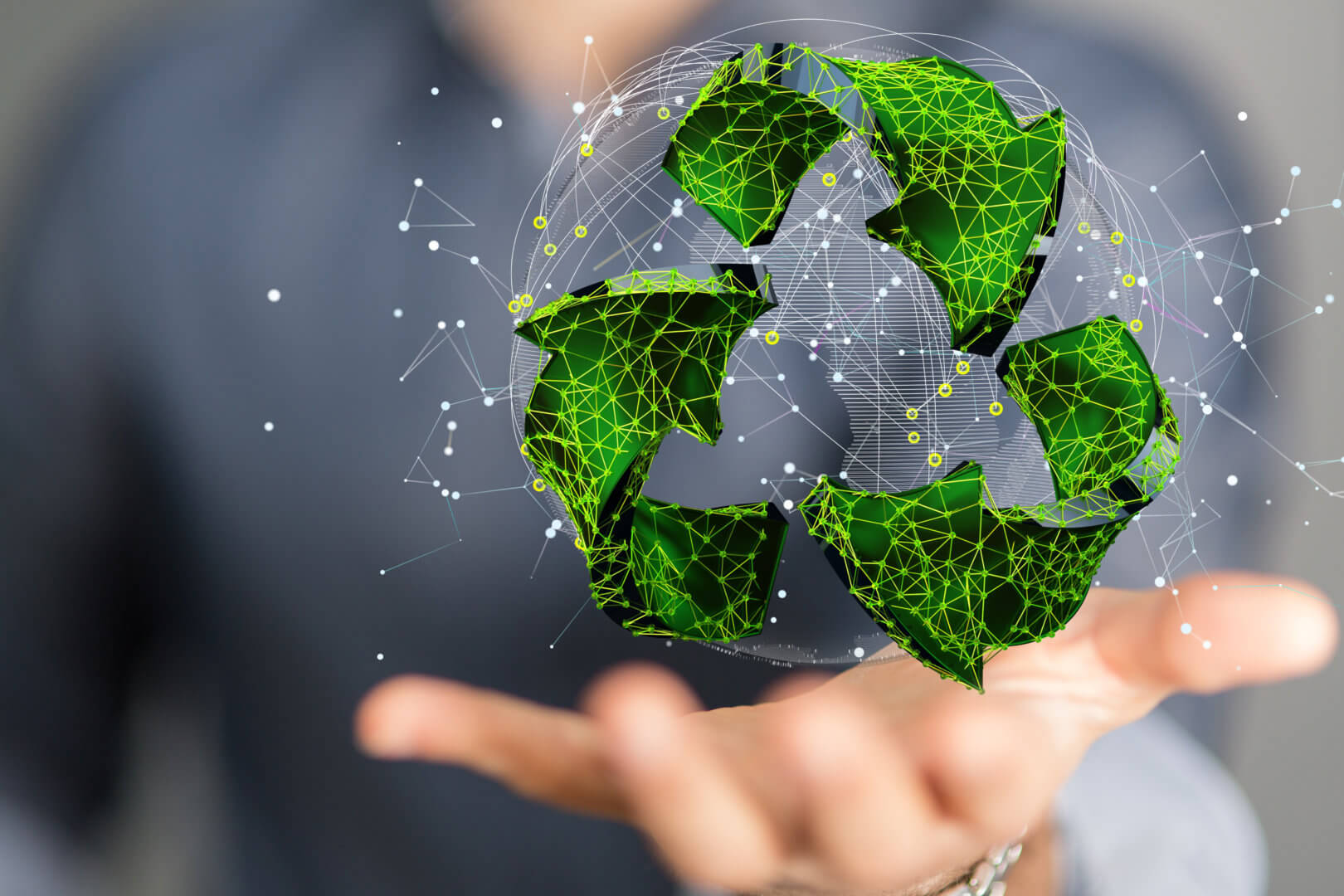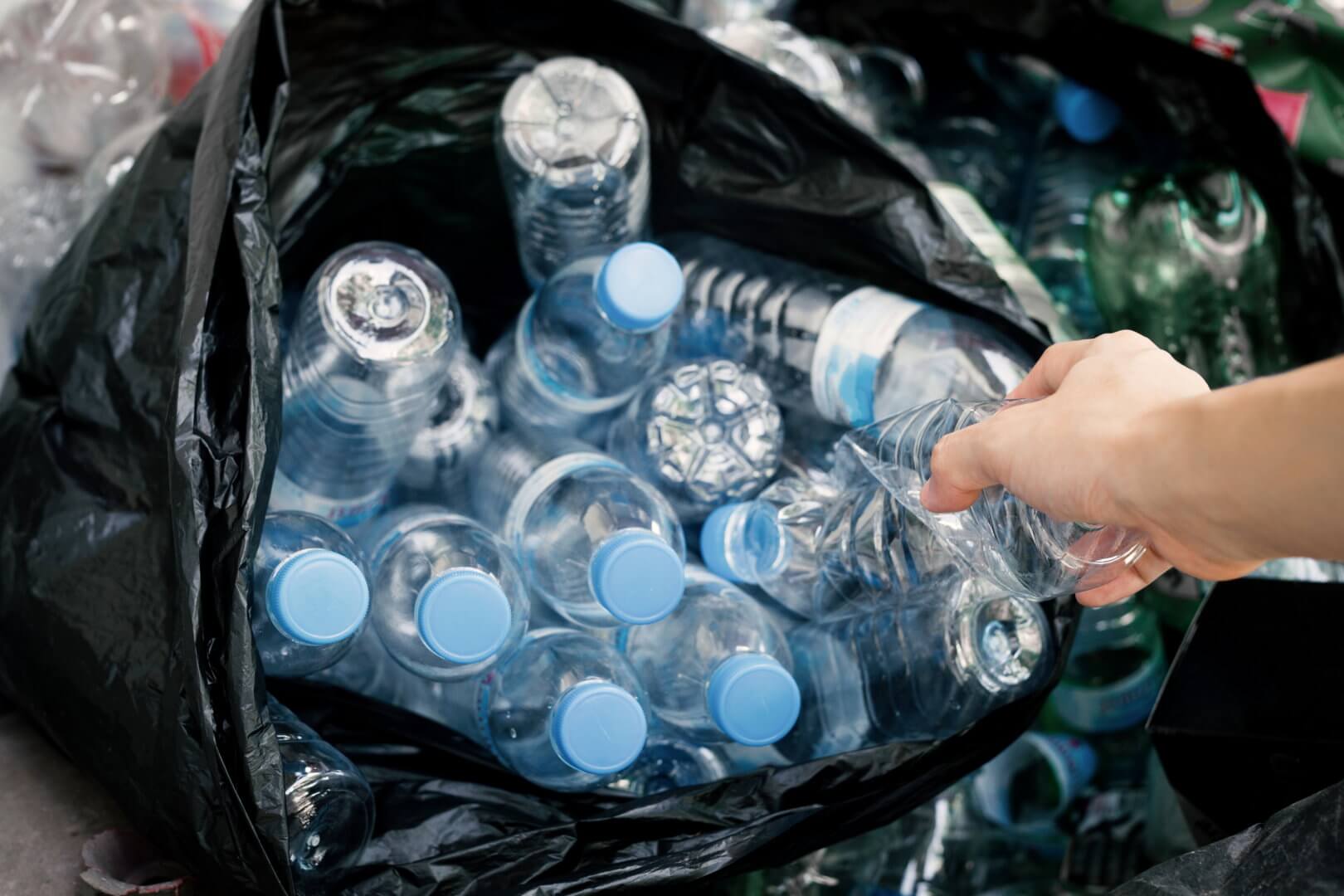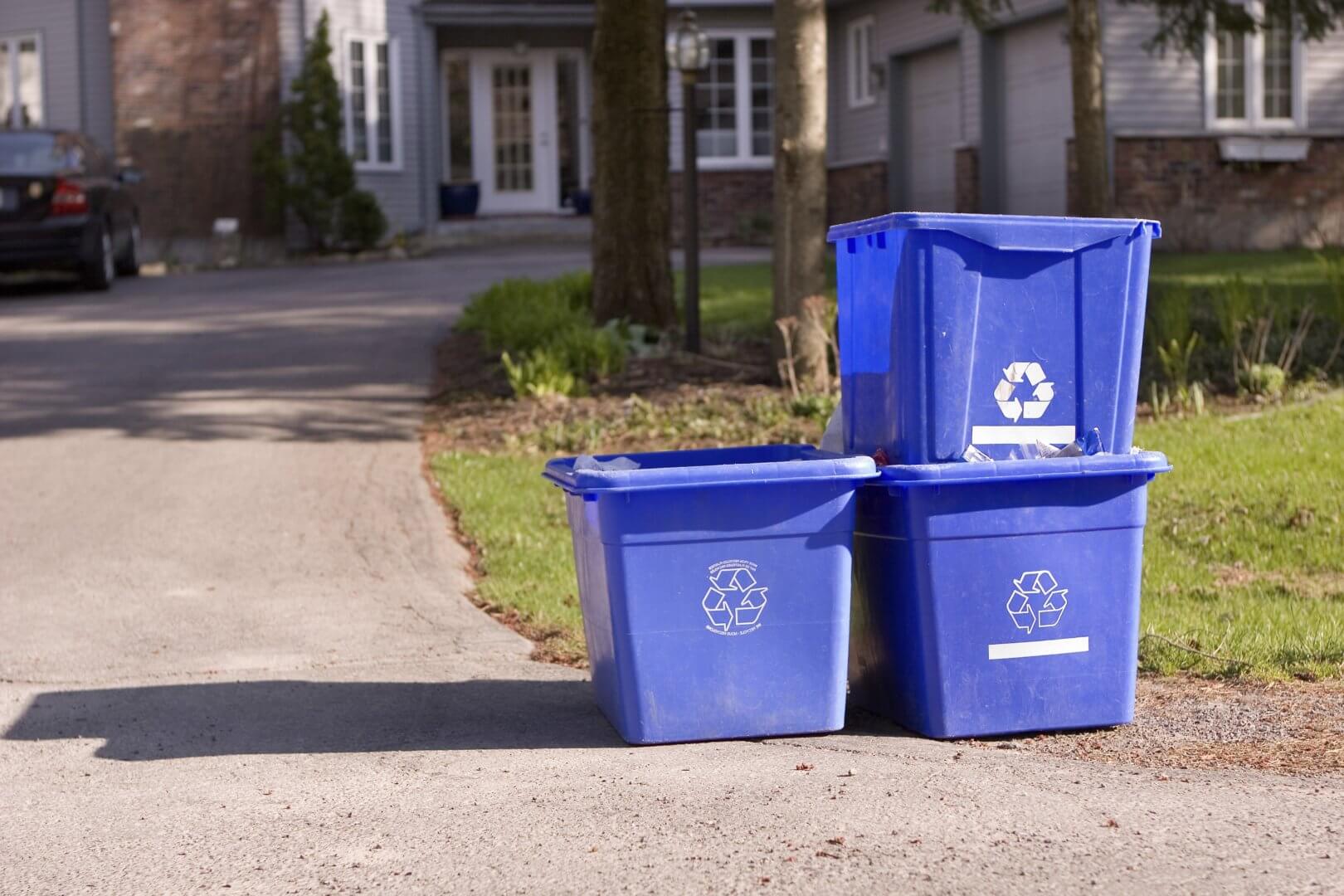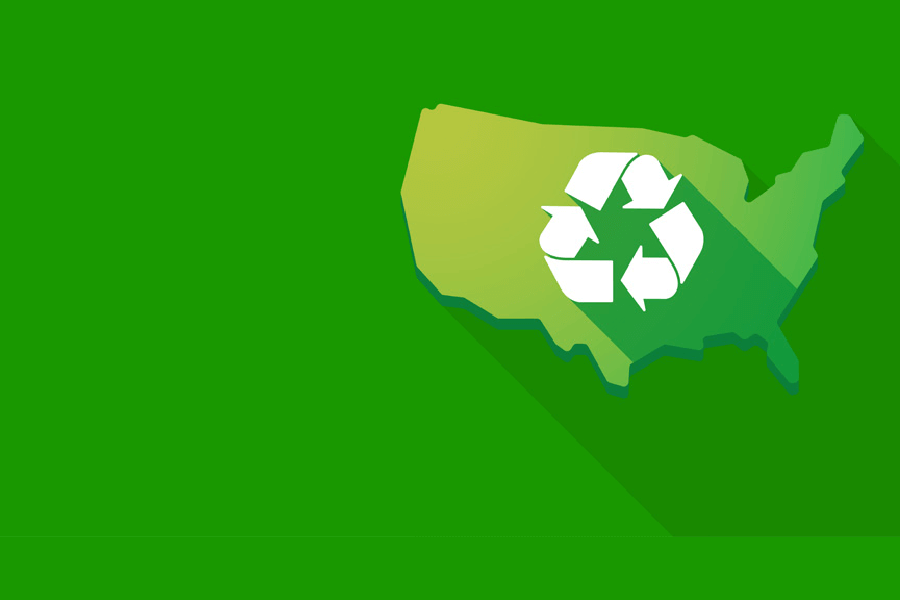In 2022, 175 nations at the United Nations Environmental Assembly (UNEA) in Nairobi endorsed a resolution to “End Plastic Pollution,” and craft a legally binding international agreement by 2024.
As UNEA members come together for 2023 negotiations, maintaining a collaborative and inclusive approach can ensure a global treaty promotes economic circularity and maintains the importance of plastic products for essential uses around the world.
End Pollution, Not Plastic
Plastic is a critical material, and enacting misguided bans is not a viable solution to solving the global challenge of unnecessary waste in the environment. Because plastics are essential for a range of lifesaving applications—from medical devices and worker safety equipment to food packaging and consumer products—policymakers must understand that waste, not plastic production, is the true problem. We must ban pollution, not plastic. A global treaty seeking meaningful action must promote solutions to reuse, recycle and repurpose plastic.
Creating Global Circularity
Misguided policies that fail to prioritize circularity and wrongly limit plastic production will deter the innovations we need to manage plastic waste—and could even encourage the use of more environmentally damaging alternative materials. Innovative solutions like advanced recycling are key to reducing plastic waste and ensuring plastics stay in the economy and out of the environment, yet policymakers consistently fail to acknowledge the success and potential of these technologies. Plastic industry leaders continue to invest in new and improved waste management practices, and further buy-in from the global policymaking community can help advance these efforts.
Limitless innovation
Global policies must encourage investments and progress in innovative waste management solutions like advanced recycling.
Circularity Investments
A global treaty to end plastic pollution must foster a more circular economy that leverages plastics’ practically infinite potential for repurpose and reuse.
Learn More About the Global Treaty >

